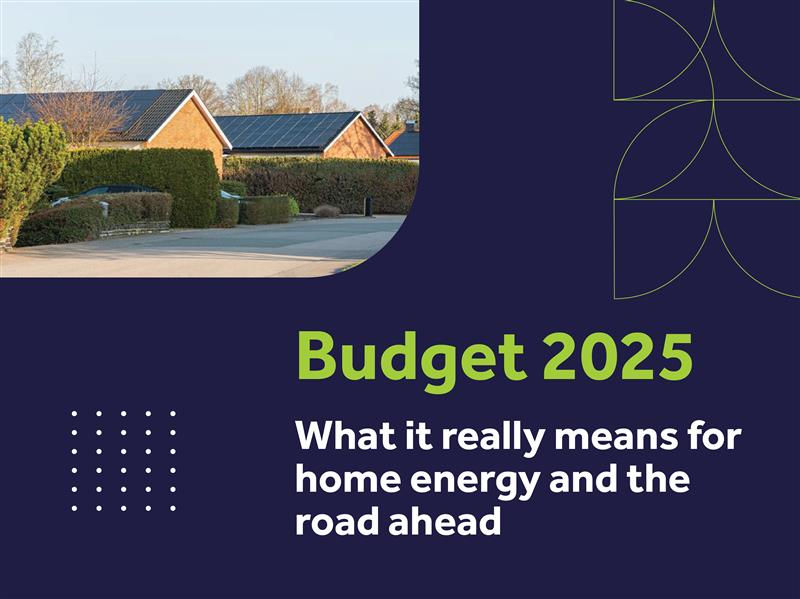Why the drive for an energy-efficient property portfolios makes sense
- Ross Jones

- Feb 28, 2023
- 3 min read
The UK government’s zero-carbon housing policy came about in the early 2000s and plays a central role in the UK achieving carbon net zero by 2050.
The shift towards net zero or carbon neutrality (a planet that extracts the same amount of carbon dioxide as it releases into the atmosphere or eliminates it from society completely,) emerged at the UN Climate Change Conference (COP21) in 2015 when world leaders signed the historic Paris Agreement, a long-term an international treaty to fight climate change.
Homes are the third largest source of carbon emissions in the UK, contributing 22% of total emissions. As one of the signatories of the Paris Agreement, the UK is legally obligated to follow through on the environmental commitment it made. But the Paris Agreement wasn’t the genesis of the UK’s action on climate change; the UK government’s first steps towards carbon neutrality date as far back as 2002.
Energy Efficiency Regulation Timelines
Here is a brief timeline of government regulatory changes in the housing sector in terms of carbon emissions from 2022 (Inside Housing, 24 April 2020, Green building in the UK: a timeline) and current government projections up to 2035:
2022
EPC Audit improvements for improved CPD requirements and published EPC portfolio data by lenders.
2023
Possible mandatory disclosure requirement for all lenders to report on EPC bands across their portfolio.
2026
Private rented accommodation to be a minimum Band C by 2026 for new lets (up from E and exemption threshold increased from £3,000 to £10,000).
2028
Private rented accommodation to be a minimum Band C by 2028 for all lets (up from E and exemption thresholds increased from £3,000 to £,10,000).
2030
All lenders’ portfolios to be an average Band C by 2030.
2035
All owner occupied as well as all social housing to be a minimum Band C by 2035.
Why the drive for energy efficiency regulatory changes?
In addition to government’s commitment to achieving net zero by 2050, economic indicators are also driving regulatory changes. With more than 52% of homes in England built before 1965, and close on 20% pre-dating 1919, the UK has some of the oldest, least energy efficient housing stock in Europe (The Guardian, 11 September 2022, UK must insulate homes or face a worse energy crisis in 2023, say experts). Our houses are responsible for one third of our total gas use, partly because these old houses leak a lot of heat – up to three times as much as Germany, which increases the demand for gas to heat homes.
Experts have warned late last year that the UK’s energy crisis will deepen in a year’s time if we don’t upgrade leaky homes immediately and significantly reduce the demand for gas (The Guardian, 11 September 2022, UK must insulate homes or face a worse energy crisis in 2023, say experts).
The article further states that because cutting heat loss is more effective in the long run than subsidising bills, there is no way around it; the UK must insulate its homes.
Vibrant’s approach to drive energy efficiency in the UK
The Vibrant approach is focused on three key elements which are all required to execute the green homes agenda:
Providing accurate data and recommendations.
Providing as many funding options as possible.
Having a first-class, reliable supply chain to get the job done.
The EPC Plus Home Energy Report provides a full one-stop service from advice to execution, eliminating the headache of dealing with and keeping an eye on multiple contractors. As an independent company, staffed by experts, your customers, deal with real people (not robots) who will guide and assist you through your journey towards making the right decisions.Demo the EPC Plus Home Energy Report
Why Vibrant?
We have access to a full and fully vetted UK wide supply chain and having delivered more than two million EPCs and counting, we have been tried and are trusted far and wide. We know that affordability matters, so we make it a priority to keep our price point in line with standard EPC prices: Contact us




Comments